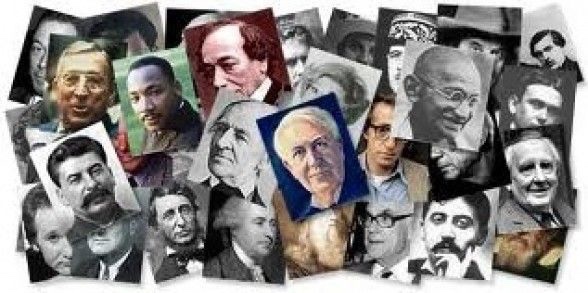There’s good and bad in all of us isn’t there? It’s the human condition. When we pop our clogs we’d expect those doing the obituaries and the eulogies to focus on the good rather than the bad and the ugly. And who is to judge anyway? And the longer the life the greater the evidence of our light and shade. Of our generosity , and of our selfishness. Of our worthiness and of our less worthy moments. No good biography is a whitewash, but nor is it just a sensationalist exposé.

We aren’t saints. Who amongst us can say that we haven’t had adulterous flings with ballerinas or attended dodgy parties organised by our osteopath? We all wear a mask from time to time – but usually metaphorically (or as a virus prevention tool) rather than as a sex orgy accessory.
Writing a life is a satisying thing to do. I’ve written a couple of full biographies as well as dozens of profiles. None of these is a hagiography but none is an intrusive search for scandal either. But at what point does a biographer fail to do his job if he doesn’t probe and dig. I once interviewed a Minister of State who I knew hated the Cabinet Minister boss – for good reason. I elected not to ask the Minister about this and it was not mentioned in the article. I guess I would never have made a tabloid hack.
At times the obituaries of “National Treasures” invert Shakespeare so that they become “The good that men do lives after them. The evil is oft interred with their bones.” Then later – generally much later – a new biographer stumbles across the “evil” and reveals it. This is sometimes not very popular!
Revisionism is a legitimate element of biographical writing. Revealing newly discovered facts, or putting a new spin on known ones, is a well established biographer’s technique. Not speaking ill of the dead is a respectful thing to do. But sometimes the passing of a public figure is the beginning of a period of disclosure without the fear attached to the making of inappropriate revelations during the subject’s life. Or immediately after their death.
Oscar Wilde said “Formerly we used to canonise our heroes. The modern method is to vulgarize them.” And that was 120 years ago! My plea is that we neither canonise nor vulgarise. That’s the biographer’s real challenge.
I can recommend a wonderful biography of Martha Gellhorn by Caroline Moorehead a truly superb work.
To read a biography you have to have some strong interest in the subject. To write one requires an almost pathological obsession with another human being. Auto-biography is an example of the literary absurd but retired politicians still churn them out ad nauseam. I often wonder who reads them.
The job of a biographer it seems to me is to fearlessly and objectively transcribe a life, warts and all, good and bad without value opinion or dishing out dirt for sensationalism. Otherwise, it’s a pointless exercise it becomes then about the author, not the subject matter.
One of the best forms of biography is Ken Burns TV documentaries produced by BSB of America. A new Hemmingway series has just been released. Ken Burns also produced a fine series on Mark Twain and Thomas Jefferson.
LikeLike
Each of my full biographies took me two years to write. They were well received. I made virtually no money out of them! Biographers have to be a bit mad.
LikeLike